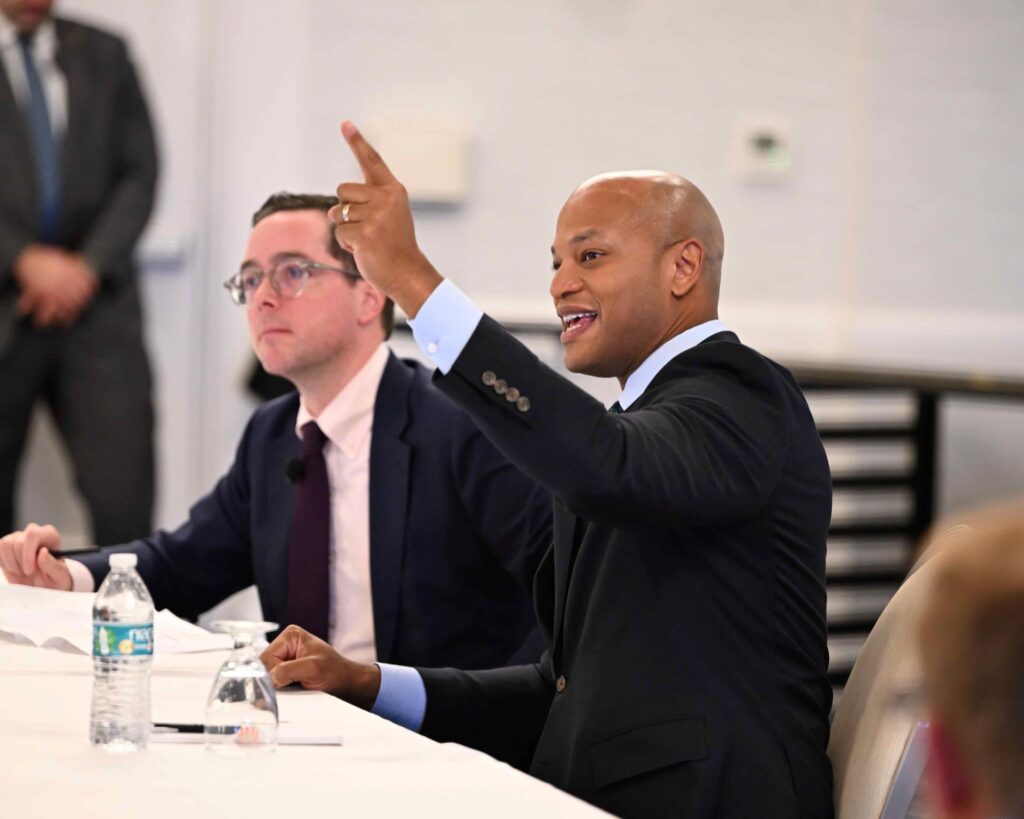This week Utah Governor Spencer Cox and Maryland Governor Wes Moore published an op/ed in the Deseret News on volunteering and service as the keys to healing divides in America, noting:
“By working together, we improve our communities. When you’re serving side by side, you build bonds with people who are different from you who you likely wouldn’t have otherwise met. Service is sticky. You develop a deeper understanding of others. And, together, you create a community where everyone can thrive. Giving back also gives a lot in return: People who serve have the chance to develop new skills, pursue new opportunities and jump-start their careers. In many cases, service can help bridge the gap between education and employment.”
Because these are Governors, this is not just talk. The Governors outlined actions they are taking in their states to promote service:
“In Utah, the No. 1 state for volunteering in the nation, we want to ensure service remains a core part of who we are. We’ve developed a statewide year of service for young adults. We’re requiring service hours for businesses that receive economic incentives. And we’re working with our faith-based communities to drive increased opportunities for all residents.”
“In Maryland, the Service Year Option makes a year of service available for high school students. The program provides young people with the opportunity to develop skills, solve problems, and gain new perspective and understanding from those they work alongside.”

Utah and Maryland are not alone in promoting service. Governors across the country are using all the tools at their disposal to address labor force challenges — including service-to-career pathways, which offer a promising strategy to address workforce shortages and barriers to employment. In support of these efforts, NGA brought together 10 state teams in January to explore service as a pathway to economic opportunity. Governor Moore attended to talk about how service is the throughline of his own career and how he in turn made service a key element of his workforce policy agenda. The meeting built upon a roadmap, released in November 2023, that laid out five key elements with policy options for Governors to consider as they develop and execute a vision for service-to-career pathways in their states.
In addition to helping people with career development skills, service also helps in building strong communities. As the Governors write in the op-ed:
“Those who raise their hands to serve help us address challenges and solve big problems. And service gives people a chance to learn from others and unite around the common goal of dignity and respect…”
Service can help meet community needs and strengthen community bonds. It can empower individuals to take action and make a positive difference in their communities – increasing civic engagement and participation in democratic processes. That’s why service has been a key element of Governor Cox’s NGA Chair’s Initiative on how Americans can Disagree Better, with service projects incorporated into each of the Initiative convenings. And since we started with Governors Cox and Moore, we will let them have the last word on that Initiative.












